Ford Escape Grinding Noise When Accelerating :Causes and Solutions 2k24
If you drive a Ford Escape and hear a grinding noise when you accelerate, it can be concerning. This noise often points to issues with parts like the brakes, transmission, or wheel bearings. Addressing the problem quickly can help prevent further damage and keep your car running smoothly. Knowing the common causes of this noise can guide you in finding the right fix.
A grinding noise when accelerating in a Ford Escape can come from worn brake pads, low transmission fluid, or issues with wheel bearings. Fixing it quickly helps avoid bigger repairs and keeps the car running smoothly.
We’ll talk about “Ford Escape Grinding Noise When Accelerating” in this article.
Table of Contents
Overview of the issue
An “overview of the issue” gives readers a concise synopsis of a subject that aids in understanding its key elements.. It includes key details about the issue, why it matters, and what effects it may have. This quick summary offers helpful background before going into more detail, giving readers a clear idea of what to expect and why solving the issue is important.
Importance of identifying the noise source early
Identifying the noise source early is important because it helps prevent bigger issues and costly repairs. Strange sounds often mean something needs attention, like brakes, transmission, or engine parts. Catching the problem early keeps your car safe, saves money, and reduces the chance of unexpected breakdowns. Knowing the source allows for quicker, easier fixes.
What Causes Grinding Noises in a Ford Escape?
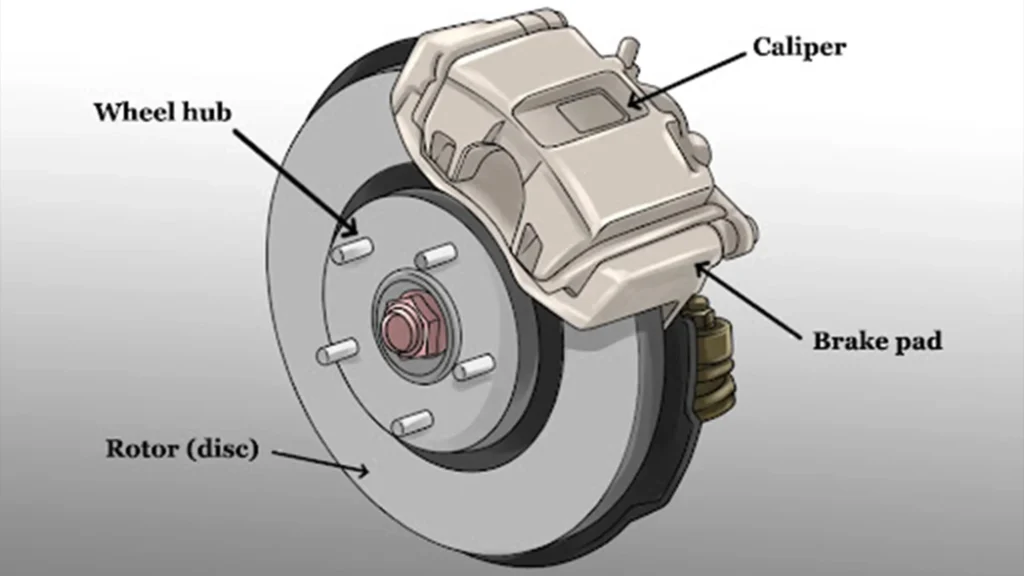
General causes of grinding noises
Grinding noises in a vehicle usually come from worn or damaged parts that need attention. Common causes include issues with the brakes, transmission, wheel bearings, or suspension. These noises often mean parts are grinding against each other due to wear or lack of lubrication. Identifying general causes of grinding sounds can help prevent further damage and keep the car running smoothly and safely.
Also read: What Kind of Gas Does a Ford Fusion Take? Complete Guide 2024!
Specific causes when accelerating
Grinding noises when accelerating can often point to specific issues in a vehicle. Common causes include problems with the transmission, CV joints, or engine components like belts and chains. These parts endure extra pressure during acceleration, making wear or damage more noticeable. Identifying the exact cause can help in finding a quick solution, ensuring the vehicle performs well and avoids further complications.
Common Signs of Grinding Noise in Ford Escape
Symptoms to look out for
Knowing the symptoms to look out for can help catch car issues early. Common signs of problems include unusual sounds, vibrations, or warning lights on the dashboard. These symptoms often signal issues with parts like the brakes, transmission, or engine. Paying attention to these early signs can prevent bigger repairs, keep your vehicle safe, and help maintain smooth driving over time.
Engine-Related Causes of Grinding Noises
Faulty timing chain
A faulty timing chain can cause serious engine problems if not fixed early. The timing chain controls the engine’s movement, keeping the crankshaft and camshaft in sync. When it wears out or becomes loose, the engine may produce rattling or ticking noises, especially during acceleration. Ignoring a faulty timing chain can lead to engine failure, so it’s important to address any unusual sounds right away.
Worn-out serpentine belt
A worn-out serpentine belt can lead to various problems in your vehicle. This belt connects important components like the alternator, power steering pump, and air conditioning. When it becomes damaged or frayed, it can cause squeaking or grinding noises, especially during acceleration. If not replaced, a bad serpentine belt can lead to a loss of power to these systems, making it crucial to check and replace it when needed.
Transmission Issues Causing Grinding Sounds
Low transmission fluid
Low transmission fluid can cause serious issues in your vehicle. This fluid keeps the transmission lubricated and cool. When the level is too low, it can lead to grinding noises, slipping gears, and difficulty shifting. Regularly checking and maintaining the transmission fluid is important to ensure your vehicle runs smoothly and to avoid costly repairs down the line.
Suspension and Steering System Issues

Worn-out bearings
Worn-out bearings can lead to significant problems in your vehicle. Bearings help wheels and other parts move smoothly. When they become damaged or worn, they can create grinding noises, especially when accelerating or turning. It’s important to replace worn bearings quickly to prevent further damage and ensure safe and smooth driving. Frequent inspections can aid in the early detection of these problems.
Also read: Ford VIN Towing Calculator Not Working: Causes and Fixes 2024!
Damaged CV joints
Damaged CV joints can cause noticeable issues in your vehicle. These joints connect the transmission to the wheels, allowing for smooth movement while turning. When they wear out or get damaged, they can produce clicking or grinding noises, especially when accelerating or turning. It’s important to address CV joint problems quickly to prevent further damage and ensure safe driving. Frequent inspections can aid in the early detection of these problems.
Exhaust System Problems
Loose exhaust components
Loose exhaust components can cause loud noises and affect your vehicle’s performance. These parts, like the muffler and pipes, may rattle or shake while driving. Addressing loose components quickly helps maintain a quiet ride and ensures your exhaust system works properly, keeping emissions in check and improving fuel efficiency.
Issues with the catalytic converter
Issues with the catalytic converter can lead to poor engine performance and increased emissions. This part helps reduce harmful gasses from the engine. When it gets clogged or damaged, you may notice a decrease in power, strange smells, or warning lights. Fixing these issues is important for a healthy vehicle.
Brake System Issues
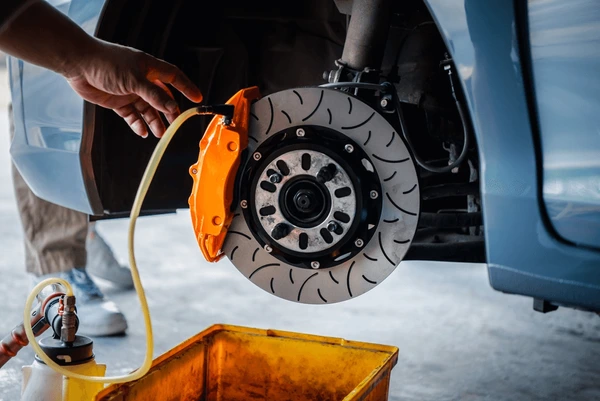
Worn-out brake pads
Worn-out brake pads are brake parts that have become too thin from use. When this happens, they can’t stop the vehicle effectively, which can lead to safety problems and accidents.
Rotor damage
Rotor damage happens when the metal discs in the braking system get worn out or warped. This can cause vibrations, poor braking performance, and even damage to the brake pads, making the vehicle harder to stop safely.
Wheel Bearings as a Source of Grinding Noise
How wheel bearings cause noise
Wheel bearings can cause noise when they wear out or get damaged. As the bearing breaks down, it creates friction, leading to grinding or whining sounds. This noise usually means the bearing needs repair or replacement for safety.
Detecting bearing issues
Detecting bearing issues often involves listening for unusual noises like grinding or whining sounds. You might also feel vibrations or notice difficulty in turning the wheel. If these signs occur, it’s important to have the bearings checked and replaced if needed.
Diagnosing Grinding Noises
Steps for identifying the source of the noise
To identify the source of a noise, start by listening carefully while driving. Check if the sound changes with speed or when turning. Inspect the tires, suspension, and brakes. If unsure, have a mechanic examine the car.
How to Fix Grinding Noises in a Ford Escape
DIY fixes vs. professional repairs
DIY fixes can save money on simple problems, like replacing air filters or changing oil. However, complex issues, like brake repairs or engine work, require professional repairs to ensure safety and proper function. Always consider your skill level.
Preventive Maintenance Tips
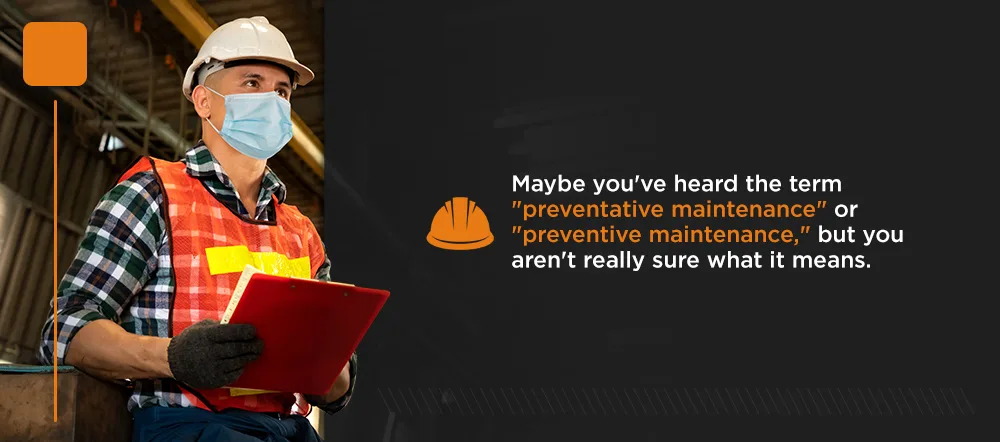
How to avoid future grinding noises
To avoid future grinding noises, regularly check your brake pads and replace them when they’re worn. Also, keep your wheel bearings and suspension parts in good condition. Regular vehicle maintenance helps prevent damage that causes grinding sounds.
Also read: Are Jeep and Ford Wheels Interchangeable ? Complete Guide 2024!
Cost of Repairs for Grinding Noises in a Ford Escape
General repair costs
General repair costs can vary depending on the issue. Simple repairs, like changing oil or brake pads, may cost $50–$200. More complex repairs, like engine or transmission work, can range from $500 to over $2,000. Always get quotes first.
When to Consult a Mechanic
Signs it’s time for professional help
It’s time for professional help if you notice unusual noises, vibrations, or warning lights. If your vehicle handles poorly or you can’t identify the problem, it’s best to visit a mechanic to avoid further damage or safety risks.
Conclusion
In conclusion, grinding noises when accelerating in a Ford Escape can be caused by various issues, such as worn brake pads, low transmission fluid, or damaged bearings. Early detection and proper repairs are essential to avoid bigger problems and keep your car running smoothly and safely. Regular maintenance helps prevent these noises.
FAQs
What causes grinding noise when accelerating in a Ford Escape?
Common causes include worn brake pads, low transmission fluid, damaged wheel bearings, or issues with the transmission or CV joints. These parts may produce grinding sounds when they are worn or not functioning properly.
How can I tell if the grinding noise is from the brakes or transmission?
If the noise happens when you press the brake pedal, it’s likely the brakes. If the noise occurs mainly during acceleration, shifting gears, or when the car is under load, it may be related to the transmission or engine parts.
Can I drive my Ford Escape if it’s making a grinding noise?
It’s not recommended to drive with a grinding noise, as it may signal serious issues. Ignoring the issue may result in further damage and more expensive repairs. As quickly as possible, you should have your car checked.
How much does it cost to fix grinding noises in a Ford Escape?
Repair costs vary depending on the cause. Simple repairs like replacing brake pads may cost between $100–$300. More complex issues, such as transmission repairs or bearing replacements, can range from $500 to over $2,000.
Can I fix grinding noises in my Ford Escape myself?
Some simple fixes, like changing brake pads or checking fluid levels, can be done at home if you have the necessary skills. However, complex problems like transmission or bearing issues should be handled by a professional mechanic.
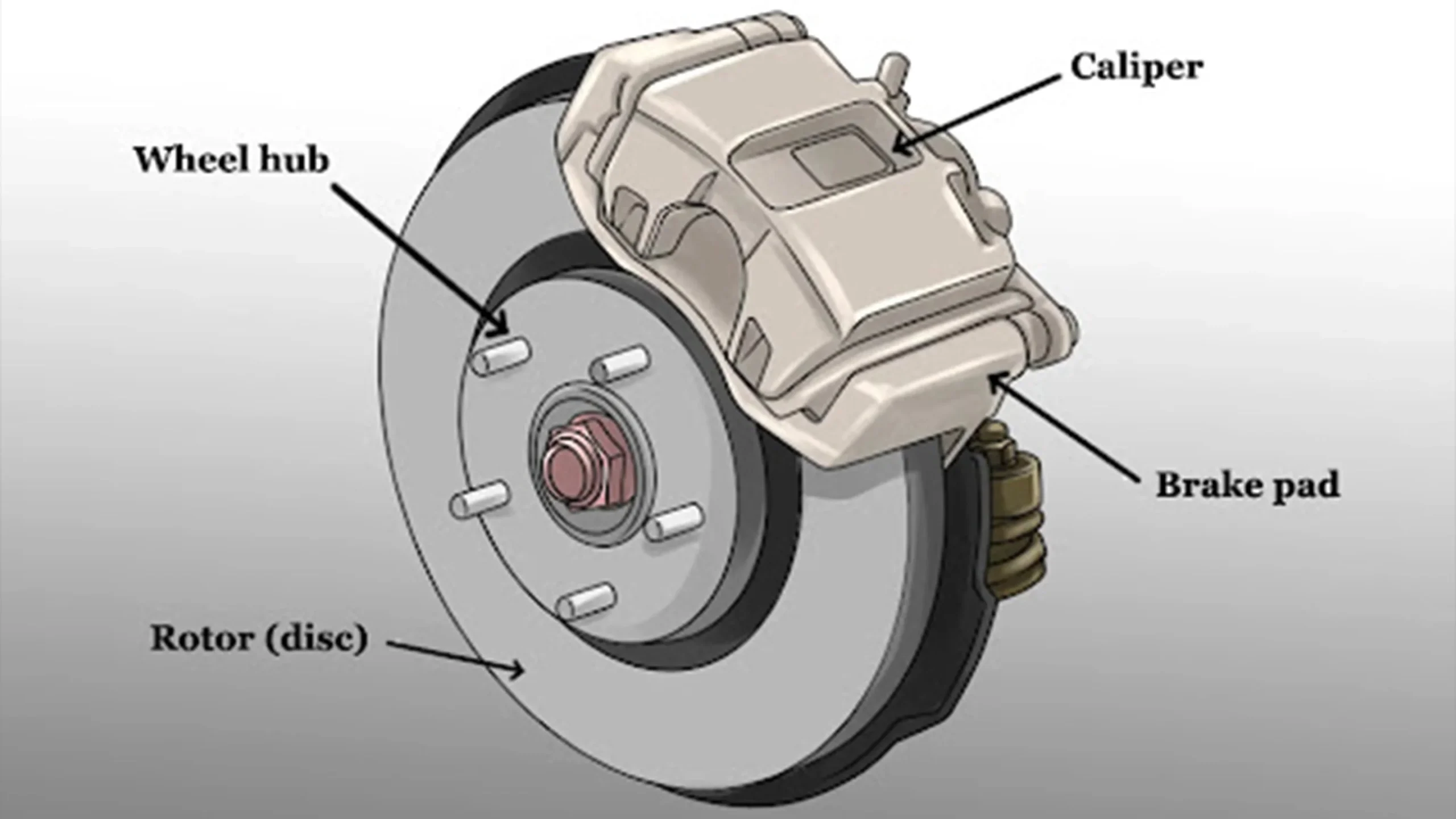


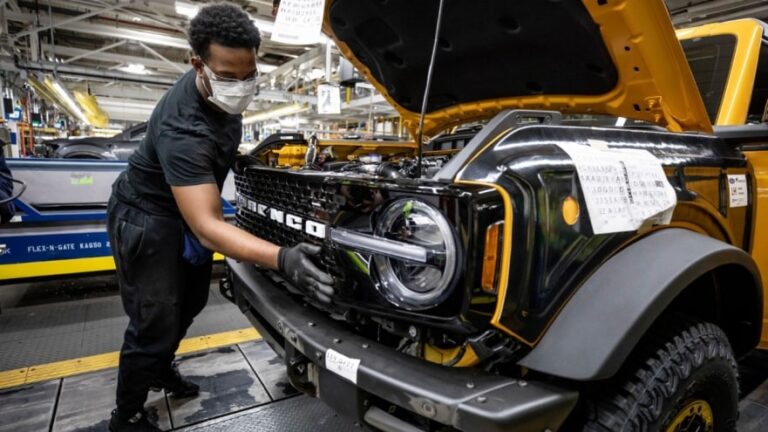


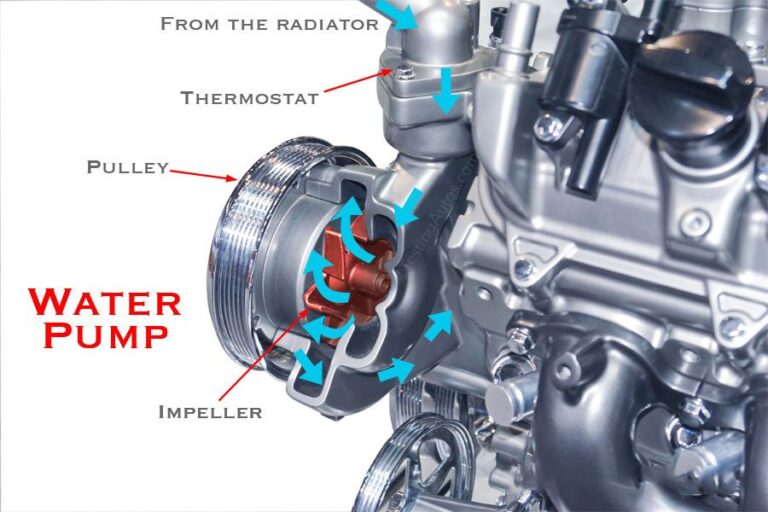
One Comment